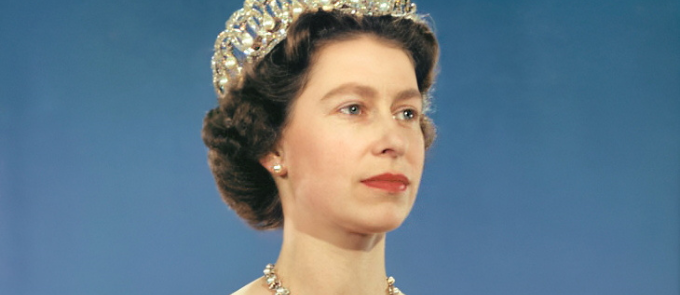The longest serving Monarch, Queen Elizabeth II passed away on 8th September 2022, at the age of 96, and not everyone was as beaten up about it, as you would think. As African Leaders took to social media to share their condolences on the Queen’s demise, Africans in general did not seem to share the same sentiment.

Having ruled over 32 sovereign states during her reign, Queen Elizabeth II took to power after the passing of her father in 1952 while she was on a visit to Kenya. This put the queen’s reign at the center of the struggle for independence for many African Countries, a struggle that few a forgotten. One of the most notable was the MauMau Rebellion in Kenya (1952 – 1960) that cost the lives of some 100,000 Kenyans and led to the imprisonment of 300,000 others. A group of Kenyan’s who underwent torture and sexual assault in these detainment camps were ultimately awarded £19.9 Million by a British Court as a settlement for the 5,000 claimants in 2012. But the lack of on official apology from the Monarchy remained a sore point for many.

Celebrated Kenyan Novelist, Ngugi wa Thiongo’s son, Mukoma wa Ngugi [also a writer] took to Twitter to share his remarks:
“If the queen had apologized for slavery, colonialism, and neo-colonialism and urged the crown to offer reparations for the millions of lives taken in her/their name, then maybe I … would feel bad. As a Kenyan, I feel nothing. This theatre is absurd.”
The tweet, which was quickly reported, had him then take to Instagram to share this remarks:
@mukomangugi: My uncle was deaf. He was asked by British soldiers to stop. Of course he did not hear them. They shot him dead. My other uncle was in the Mau Mau. My grandmother hid bullets for him. Colonialism happened to real people. It is absolute madness to expect us to mourn the queen.”

In South Africa, the sentiments were no different. While the South African president lauded her as an “extraordinary and world-renowned public figure who lived a remarkable life”. His citizens seemed to think otherwise with the economic Freedom Fighters putting out a two-page statement which in-part says, “we do not mourn the death of Elizabeth, because to us her death is a reminder of a very tragic period in this country and Africa’s history. Britain, under the leadership of the Royal Family took over control of this territory that would become South Africa in 1795 from Batavian control, and took permanent control of the territory in 1806. From that moment onwards, native people of this land have never known peace, nor have they ever enjoyed the fruits of the riches of this land, riches which were utilized for the enrichment of the British royal family and those who look like them.”
A legion of young South Africans also took to social media demanding the return of the diamonds that form part of the crown jewels. The Cullinan Diamond, which was discovered in South Africa in 1905 is considered the largest diamond ever found. The rare gemstones sit atop the Imperial State Crown and the Sovereign Scepter, which are both used during the coronation of the British monarch.

When asked by DW what he made of the criticism of the late queen, Ghana’s former leader Kufuor said he wasn’t going to “criticize people for what they think. I am telling you of what I think. The queen, I am not going to visit her with the sins of her fathers from ancient times. The world has progressed beyond the atrocities of the past and what is needed now is a spirit of interdependence, centering humanity above all as the reason why there should be anything.”
Nigerian-born professor Uju Anya sparked heated conversation on twitter when she said @UjuAnya: “If anyone expects me to express anything but disdain for the monarch who supervised a government that sponsored the genocide that massacred and displaced half my family and the consequences of which those alive today are still trying to overcome, you can keep wishing upon a star.” Her first tweet where she called the monarchy a “a thieving raping genocidal empire” has since been deleted.

Outside the public domain, heated conversations were had in various Facebook and WhatsApp groups, a clear indication that this generation which is only one-part removed from the colonial era still has a string bone to pick with the monarchy.
Whilst the atrocities that occurred during Great Britain’s colonization of 20 African States shall be hard to shake off or even forget, we do wish the royal family strength and peace during their mourning period.
After he death, the queen was immediately succeeded by her son Charles, the former Prince of Wales, who shall go by King Charles III. Charles was officially proclaimed King on the Saturday following the Queen’s death at St James’s Palace in London, in front of the Accession Council. Next in line after King Charles III is Prince William, now the Prince of Wales.

